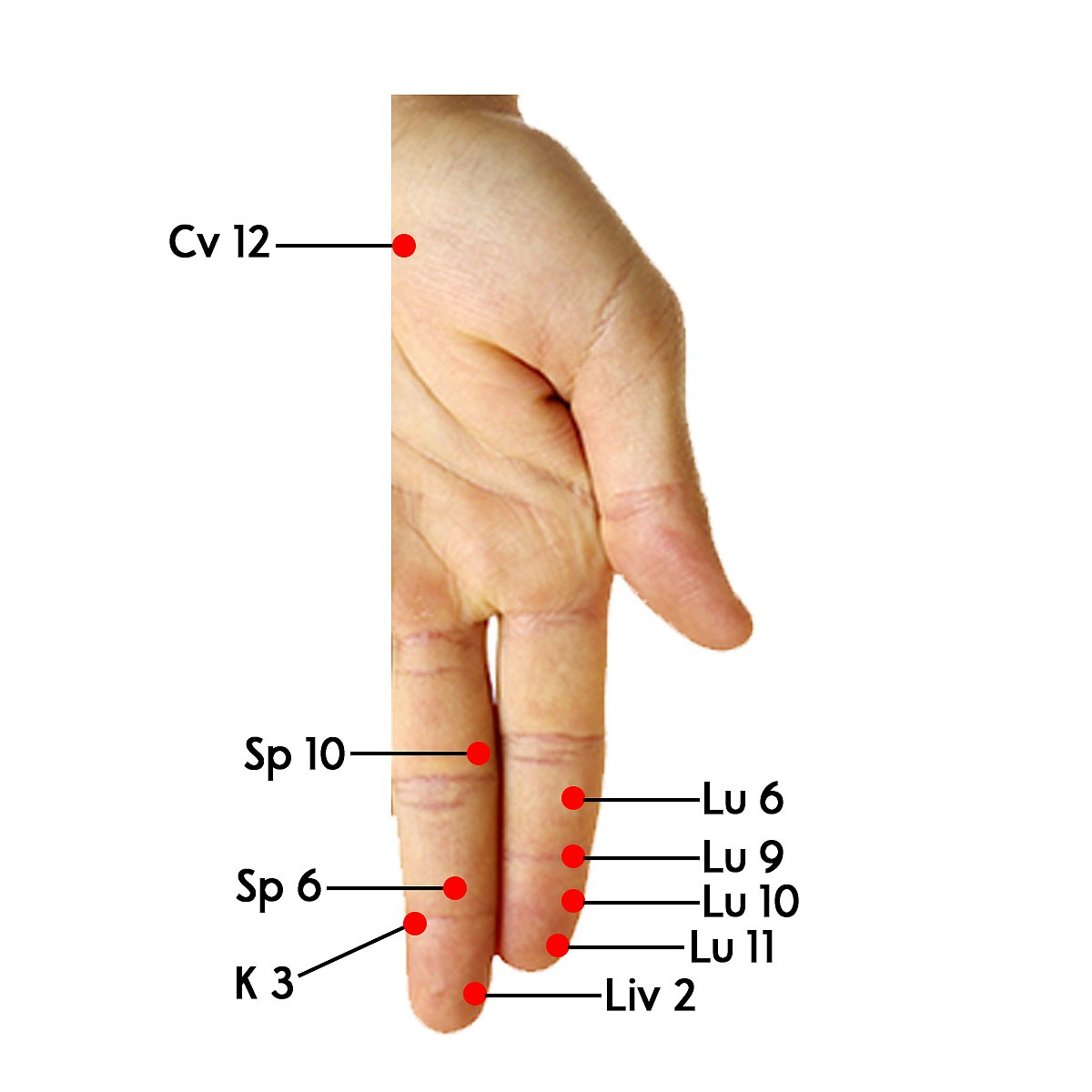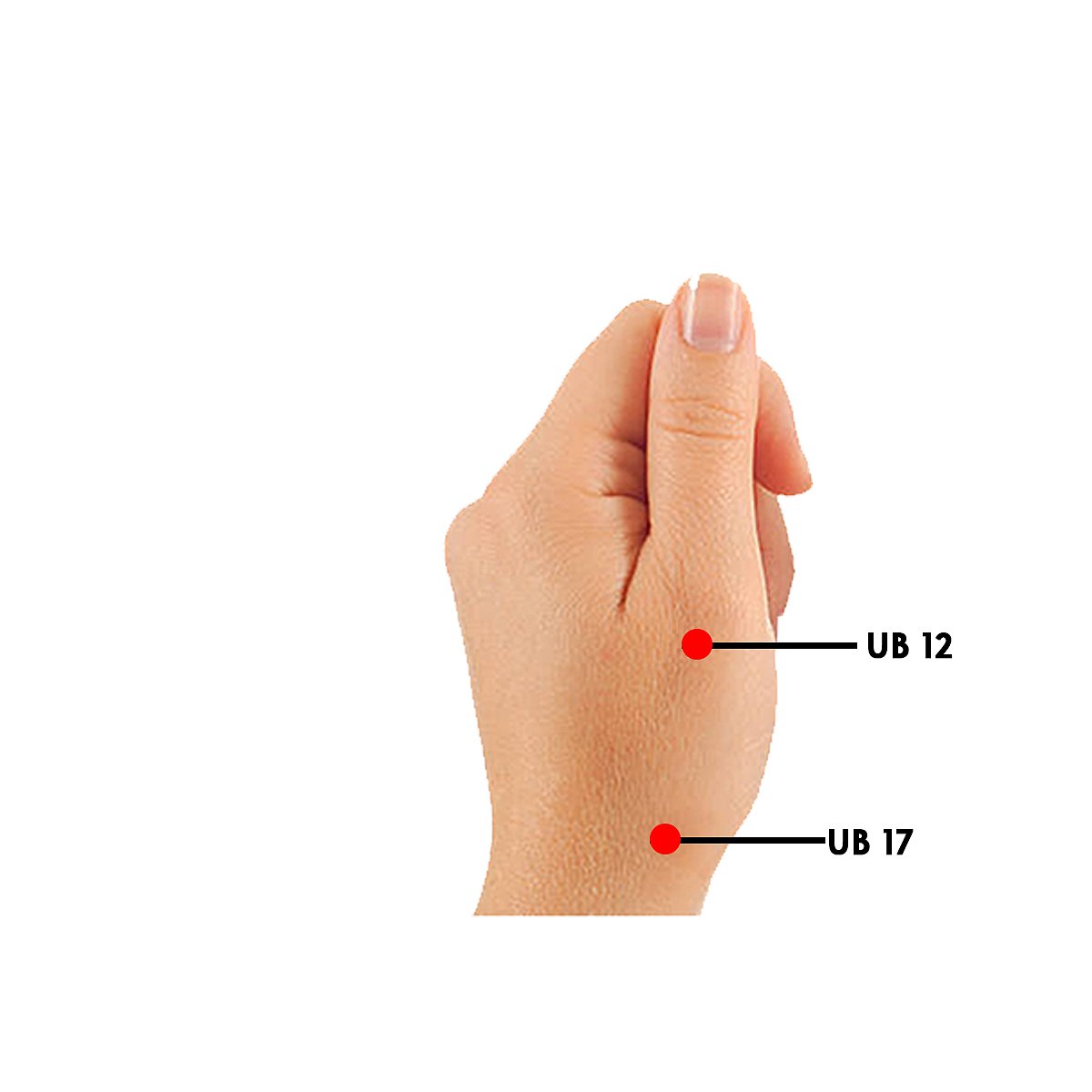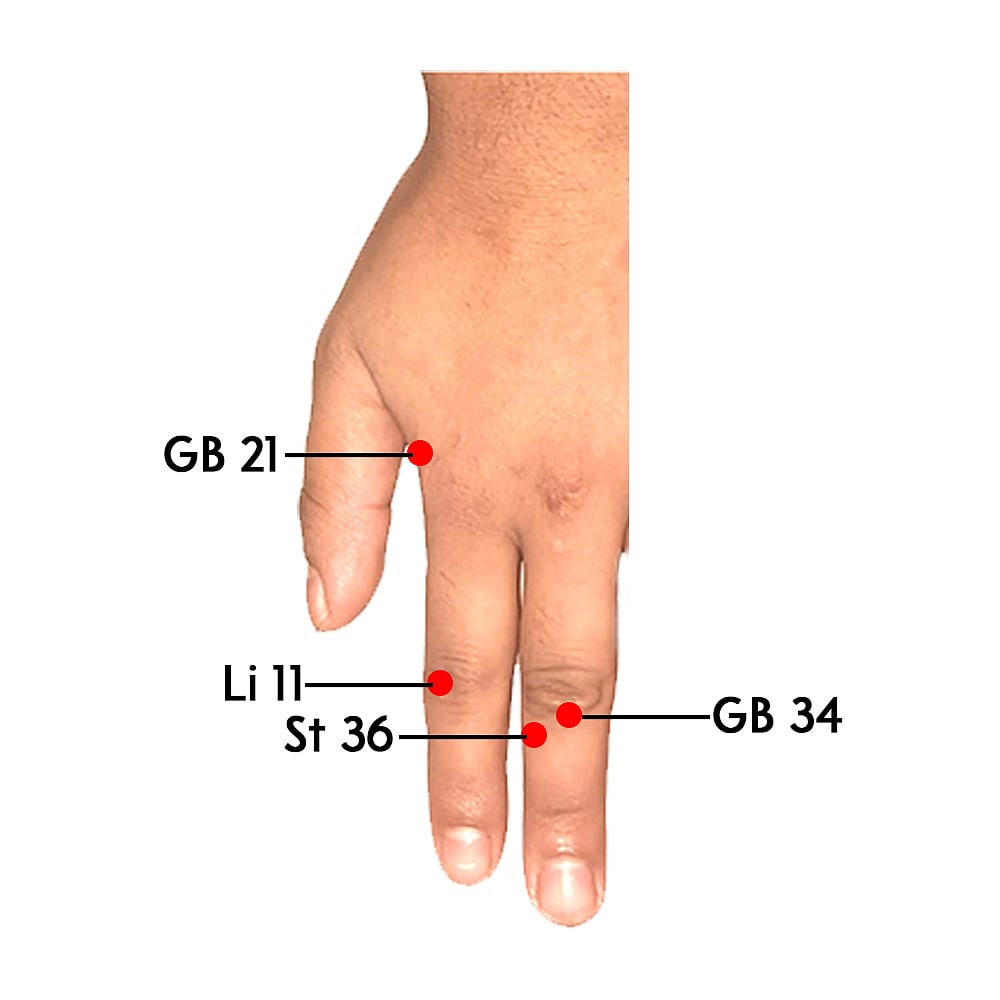Inflammation and a buildup of mucus in the chest can cause unpleasant symptoms like wheezing, sleep difficulties and a sore throat. Congestion is also often accompanied by a cough that brings up phlegm. It is a scary affair in these Covid times as throat infection with dry cough is considered a sign of lung infection. But scarier if one spits out blood with the mucus, especially in old age.
Some mucus in the chest is normal and having excess mucus occasionally is usually not a cause for concern. However, if a person regularly has an uncomfortable amount of chest congestion, or if it is accompanied by other symptoms, they should see a doctor. Sputum, or phlegm, is a mixture of saliva and mucus that you have coughed up. Sometimes sputum can have visible streaks of blood in it. The blood comes from some region of your body’s respiratory tract. Sometimes blood-tinged sputum is a symptom of a serious medical condition.
But blood-tinged sputum is a relatively common occurrence amongst the old, and isn’t typically a cause for immediate concern, unless you are coughing up blood with little or no sputum, then seek immediate medical attention.
Common causes of blood-tinged sputum include: Prolonged, severe coughing, nosebleeds, bronchitis, etc.
More serious causes of blood-tinged sputum can include: Pneumonia, certain infections, like tuberculosis, pulmonary embolism, or a blood clot in the lung pulmonary aspiration, or breathing foreign material into the lung pulmonary edema, or fluid build-up in the lungs, lung or throat cancer, cystic fibrosis, use of anticoagulants, which thin the blood to prevent it from clotting, and trauma to the respiratory system.
Call a doctor or seek medical attention right away if you experience any of these symptoms: Coughing up mostly blood with very little sputum, coughing up yellow or green sputum, blood in your urine or stool, shortness of breath or struggling to breathe, weakness, dizziness, sweating, rapid heart rate, unexplained weight loss, fatigue, chest pain, etc.
Preventing blood-tinged sputum: Blood-tinged sputum can sometimes be a symptom of an underlying condition that you can’t prevent. But methods may be available to help prevent some cases of blood-tinged sputum. The first line of prevention is to take steps to avoid the respiratory infections most likely to bring on this symptom.
You can do the following to prevent blood-tinged sputum: Consider cutting down on smoking if you smoke. Smoking causes irritation and inflammation. It also increases the likelihood of serious medical conditions. Keep your house clean. Dust is easy to breathe in, and it can irritate your lungs and make your symptoms worse if you have COPD, asthma, or a lung infection. Mildew and mould can also cause respiratory infections and irritation, which can lead to blood-tinged sputum.
Here are some easy ways to look after yourself: Stay hydrated as drinking water can thin out sputum and help flush it out.
A person can also benefit from drinking: Broths, decaffeinated black or green tea, herbal teas warm water, etc.
Steam inhalation: If you don’t have a steamer at home, fill a large bowl with hot water. Lean over the bowl and drape a towel over the head to contain the stream. Gently inhale the steam to loosen the mucus. Breathe in the steam for as long as is comfortable, then drink a glass of water to prevent dehydration.
Having a hot shower or bath: The hot water will fill the room with steam and help alleviate symptoms.
Salt water gargles: Gargling with a mixture of salt and warm water can remove phlegm and mucus from the back of the throat and ease symptoms.
Honey: Honey is a popular home remedy, and research suggests that it has antiviral and antibacterial properties.
Foods and herbs: Foods most commonly used to alleviate coughs, colds, and a buildup of mucus include garlic, ginger, lemon, spices such as ground cayenne and other types of chili pepper.
Use essential oils: Some essential oils can ease breathing and loosen mucus in the chest. Some may even stop the growth of bacteria infecting the respiratory tract. Beneficial essential oils include: Basil, cinnamon bark, eucalyptus, lemongrass, peppermint, rosemary, thyme, oregano, etc. Essential oils should not be taken internally.
Elevate the head: If an excess of mucus in the chest is disrupting sleep, it may help to elevate the head using extra pillows. Elevation promotes mucus drainage and reduces coughing and discomfort.
Now, let’s discuss how one can manage the problem with the help of pressure points. One who has been reading my articles will surely know as to how to trace these meridians but for new readers I may explain that there are 14 meridians running through our body from head to toes. Prof Park Jae Woo of South Korea researched and found out that these meridians are also on the front and back side of our fingers and toes. These protocols are based on the research done by the Institute of Acupressure and Holistic Healing, Allahabad since over two decades.
Treatment: One has to take a jimmy/ probe or a pencil with its lead point broken and smoothened. Without applying much pressure move the blunt point in the area shown on the skin of fingers and toes. The affected point will be painful. Stimulate it by turning it clockwise and anticlockwise for a minute or two. One will generally, feel some relief instantly. Paste tiny byol magnets for about eight hours – preferably before sleeping. If the point has an arrow up, please use a magnet with yellow side touching skin and if arrow down then white touches skin. The points are to be stimulated three to four times in daytime and magnets attached at night. Repeat the treatment till the problem is over.
Coughing blood includes: Coughing up large amounts of blood. Coughing sputum, which is only slightly blood streaked.
Main symptoms: Cough with blood-tinged sputum, nose bleed, itchy throat, dry nose and mouth, aversion to cold, dry tongue red on the sides and front part. Floating and rapid pulse.
Treatment: Lu 6, 11, Li 4, UB 12, (Left & Right hand) all . Lu 9, Sp 6, CV 12, (left and right hand) all .

Liver fire attacking lungs causes cough with fresh red blood in sputum:
Symptoms: Cough with fresh red blood in sputum, hypochondriac pain, excess anger, irritation, bitter taste in mouth, red tongue with yellow coating, wiry and rapid pulse.
Treatment: Liv 2, Lu 6, 10, p 10, Li 11, UB 17 (left and right hand) all

Lung’s yin deficiency producing empty heat causes scanty blood-streaked sputum with cough:
Symptoms: Cough with scanty blood-streaked sputum, dry throat, afternoon fever, after noon feeling of heat, night sweating, dry and red tongue with no coating, floating empty pulse.

Treatment: Lu 6, 10 (left and right hand) both. Lu 9, CV 12, St 36, Sp 6, K 3 (left and right hand) all.
(The Free Press Journal along with the Lions Club of Mumbai ACTION would like to guide people on how to treat self through non-invasive, therapies like Sujok, Ayurvedic Acupressure and Mudra Yoga. This is complementary and will not override the treatment given by doctor. Please share your problems by writing to us at features@fpj.co.in; lionsclubofaction@gmail.com. You can also share the problem on WhatsApp at 9323178565.)











